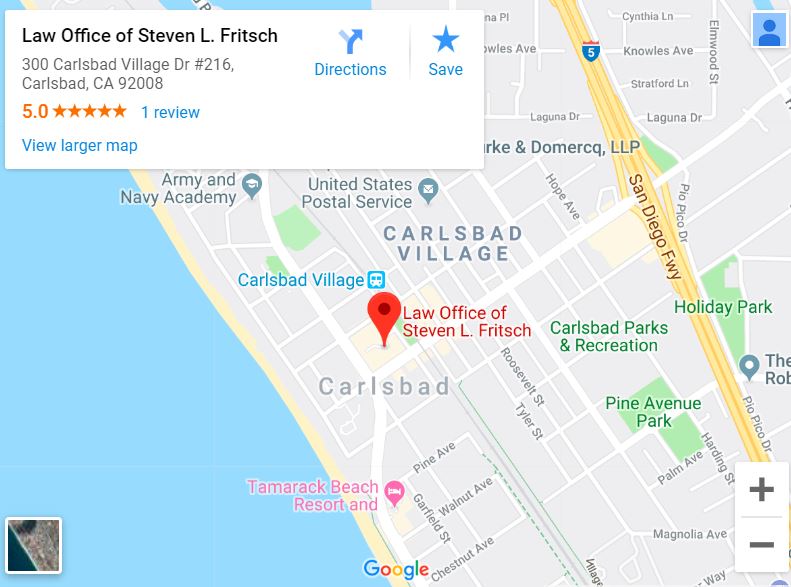There is always a relief for a payee parent when the court orders child support. The parent who receives child support now knows exactly how much he or she will be receiving and can now budget accordingly. However, that relief can be short lived if the payor parent does not pay. In some cases, getting the court ordered child support can be a difficult, time consuming and a costly task.
A common question is “how do I get the other parent to pay the court ordered child support?” Like many questions in family law it is not a simple or straight forward answer. Before we take a closer look at the different enforcement remedies, we need to examine which court we are in, Family Court or the Department of Child Support Services (DCSS).
Enforcing child support orders in Family Court is more difficult than in DCSS (we will discuss DCSS later). We will examine a few of the most common remedies that are used to enforce child support orders. The first and easiest way to enforce a child support order is by an Earnings Assignment Order (wage garnishment). This type of order is mandatory which means that the court has to order it. Generally, this is all the payee needs because the earnings assignment order is served on the payor’s employer and the employer must comply. The child support amount is taken right out of the payor’s earnings. However, earnings assignment orders generally do not work when the payor is self-employed or changes jobs frequently. If that is case other remedies must be used.
A writ of execution is another remedy whereby it orders a law enforcement officer (e.g., a sheriff) to obtain satisfaction of a judgment for money or for possession of property by seizing tangible real or personal property or funds of the payor for delivery to the payee. Generally, all of the payor’s property is subject to execution but there are exceptions (e.g., homestead exemptions).
Contempt is the most powerful enforcement remedy but is also the most difficult because it is criminal in nature. This means that for the payee to “win” and the payor to be held in contempt, the payor must be found guilty beyond a reasonable doubt. This is the highest standard of proof which is considerably more than other proof needed in family court. Because contempt is criminal in nature the payor/citee has the full panoply of due process safeguards such as 1) notice of charge, 2) opportunity to be heard and 3) right to counsel. This means that the contempt proceeding can take a long time before the contempt hearing is done. The payor/citee also does not have to testify which poses evidentiary challenges. However, despite the difficulty in obtaining a “guilty” verdict, the possible threat of jail time (5 days for each act of contempt) generally makes the payor pay up.
DCSS proceedings is where child support is being enforced by the county. Although the abovementioned remedies are also available in DCSS proceedings, DCSS has other remedies that are not available in the Family Court. First, DCSS has the ability to suspend a payor’s driver’s license if child support arrears get too high. This is an effective remedy because most people cannot afford to give up driving and either have to drive to get to work or drive for work. Either way, a license suspension is generally a sure way to get the payor into court because once they receive notice of a suspended license they come to court and plea to the court to reinstate their licenses. DCSS can also intercept tax refunds and can withdraw money from the payor’s bank accounts. Lastly, DCSS can freeze a payor’s ability to renew or obtain passports if their child support arrears are too high. Although DCSS has more enforcement remedies the process generally takes longer than in Family Court.
As you can see, obtaining a child support order is only half the battle. Enforcement of the child support order is as important as obtaining the order and can be a difficult process that can be a lengthy and costly. Make sure when you are requesting child support that you also have a plan to enforce the child support order.
Disclaimer: This article is for informational use only and is not intended to be legal advice and should not be used as legal advice. If you have legal questions you should seek the advice from an attorney.
